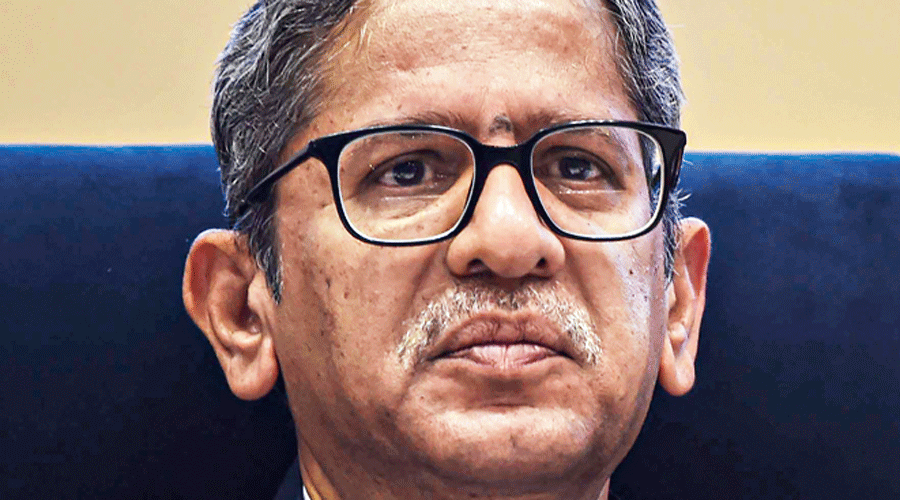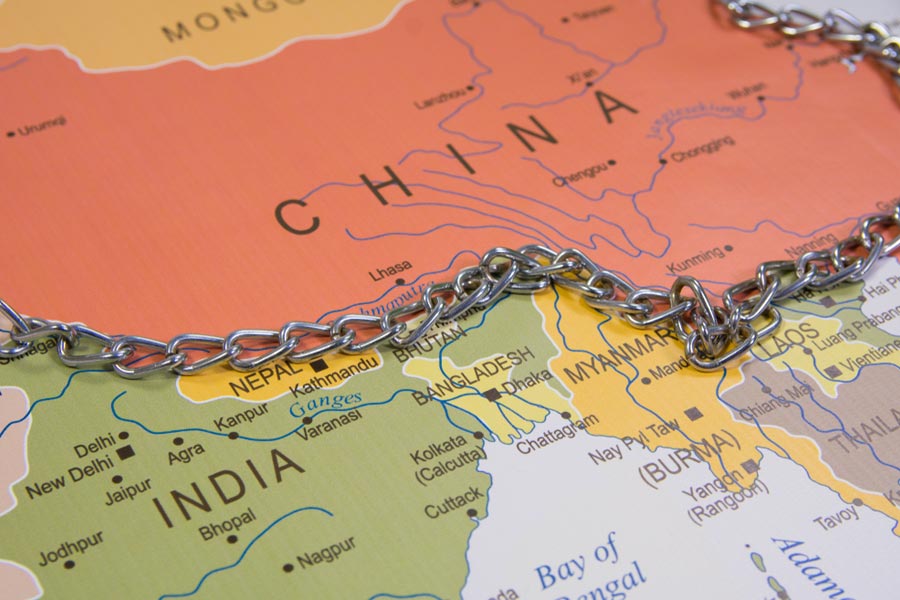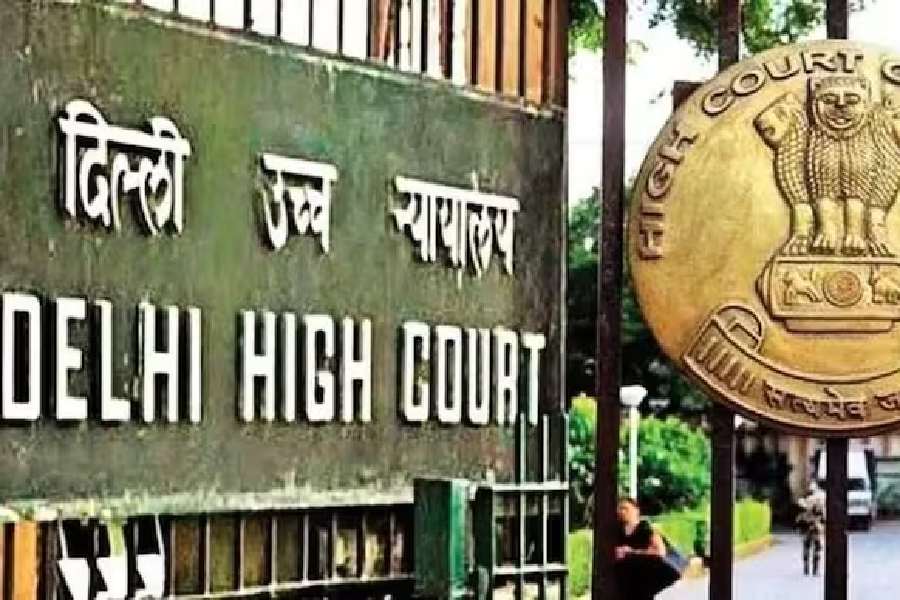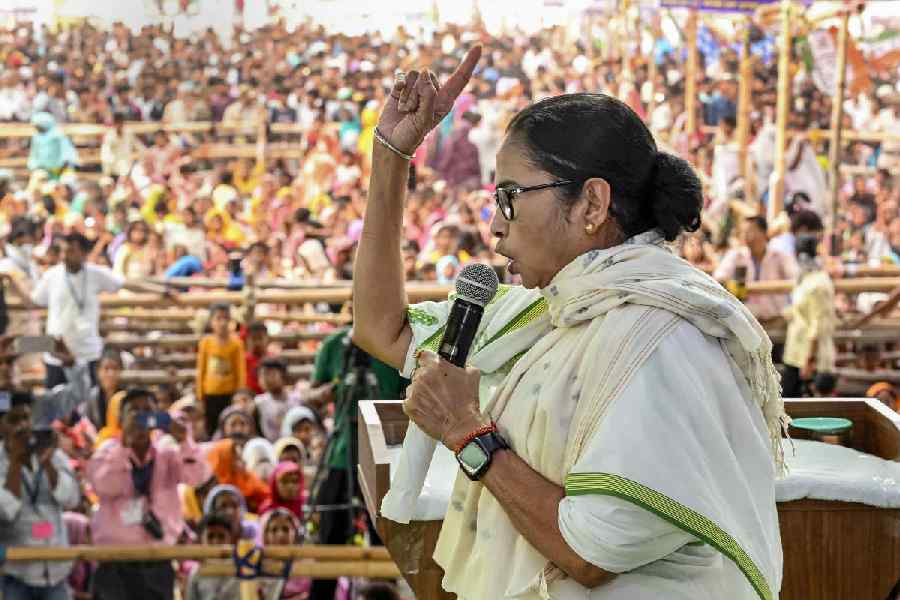Chief Justice of India N.V. Ramana on Monday said the legislature, executive and judiciary should function within their own spheres but asserted the courts would step in if there were legislative lacunae relating to independent institutions like the CVC and the CAG.
“The Indian judiciary, since its inception, has striven to fulfil its constitutional aspirations. The judiciary has, through interpretative exercise, also strengthened various independent institutions, be it the Election Commission, CVC (Central Vigilance Commission), CAG (Comptroller and Auditor General) and so on,” he said after unfurling the Tricolour on the Supreme Court premises on Independence Day.
Justice Ramana defended the judiciary’s constitutional duty to interpret the Constitution, saying the legislature may be unable to foresee the issues that might come up during the implementation of the law.
“By interpretation of statutes, the courts have given effect to the true intent of the legislature. The courts have breathed life into the statutes by making them relevant to contemporary times. Our judicial system is
unique not only because of its commitment to the written Constitution and its spirit, but also because of the immense faith reposed by the people in the system,” he said.
“People are confident that they will get relief and justice from the judiciary. It gives them the strength to pursue a dispute. They know that when things go wrong, the judiciary will stand by them.”
Justice Ramana said each organ of the State had a unique obligation under the constitutional framework. The notion that justice is only the responsibility of the courts is dispelled by Article 38 of the Constitution, which mandates the State to secure justice --- social, economic and political. Every deed of each organ of the State has to be in the spirit of the Constitution, he said.
“I must note that all the three organs of the State, that is, the executive, legislature and the judiciary, are equal repositories of constitutional trust,” Justice Ramana said.
He said that as a Telugu, he was proud that the original Tricolour had been designed by a Telugu, freedom fighter Pingali Venkayya.
“Today, as I see the Tricolour fluttering high above us, I cannot help but take pride and remember Keertiseshulu Sri Pingali Venkayya Garu, who hailed from Telugu land. It is he who designed the pride and identity of Independent India, our national flag,” he said.
Justice Ramana, however, regretted that the Supreme Court could physically assemble for only 55 days during his 16-months stint as Chief Justice owing to the Covid-19 pandemic.
Yet, he said, “When Covid was taking away our near and dear ones, our entire system worked fearlessly to deliver justice. Both lawyers and judges have worked without any break, both online and offline. Under the guidance of the computer committee, our video conference system continued to evolve.”
Justice Ramana thanked Justice D.Y. Chandrachud and Justice A.M. Khanwilkar (now retired) for the effective functioning of the e-court system during the pandemic.
The event had been organised by the Supreme Court Bar Association (SCBA). Union law minister Kirren Rijiju, Chief Justice of India-designate U.U. Lalit, other apex court judges, SCBA president Vikas Singh and other dignitaries were present.
Rijiju hit back at those who criticise the judiciary for the delay in the disposal of cases.
“It is very easy to pass comments saying the legislature, executive and judiciary should do that and this and how the judiciary should end pendency in two years,” he said.
“(A) judge in India disposes of more than 40-50 cases a day. No country in the world has judges with such huge workload like ours.”
Singh, the SCBA president, urged the law minister and Parliament to urgently enact a law to debar criminals from becoming lawmakers.
He regretted that nearly 50 per cent of parliamentarians and members of state legislatures had criminal cases pending against them.










